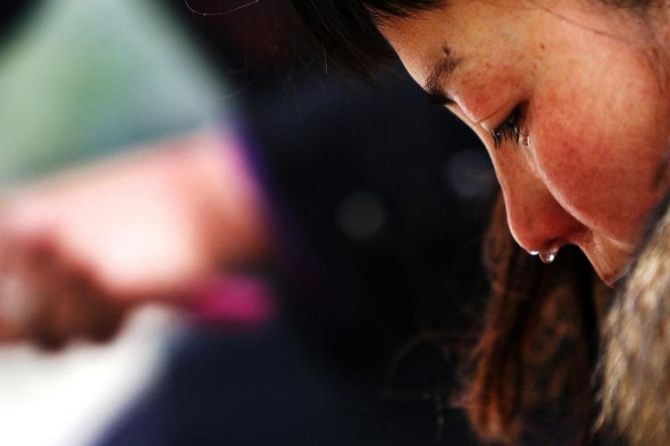Psychologists: Physical and Social Pain Hurts the Same Way

People have long described experiences of social rejection or loss with words indicating physical pain, and only recently have scientists discovered evidence that social pain may actually be processed by the brain region that monitors physical pain.
In the latest psychological paper on physical–social pain overlap, author Naomi Eisenberger of the University of California-Los Angeles reviews some recent research on the overlap between physical and social pain.
"Rejection is such a powerful experience for people," Eisenberger said a statement released on Wednesday. "If you ask people to think back about some of their earliest negative experiences, they will often be about rejection, about being picked last for a team or left out of some social group.”
Eisenberger said that her and her colleagues had noticed striking similarities between images of brain activity looked in people who had experienced social rejection and others who had experienced physical pain, and researchers later discovered evidence that physical and social pain were actually processed in some of the same regions of the brain.
Eisenberger said that brain’s perception of pain has a sensory and an emotional component. The emotional component, which is shared with social pain, decides how negative or distressing the pain is, but she noted that some previous studies have suggested that severe social rejection, like being dumped, may also be processed in the brain region that also handles the sensory part of pain.
Other researchers have shown that individuals who are more sensitive to physical pain are also more sensitive to social pain. Researchers said that these individuals felt more rejected after they completed a social exclusion task where the other two players in a computer version of catch refuse to share the ball with them.
Another surprising finding was that people who took who took Tylenol for three weeks reported less emotional pain compared people who took a placebo.
Eisenberger believes that the reason for social pain is to keep people connected to each other, and constantly numbing the feeling of social rejection heightens an individual’s risk to do things that will get them rejected or alienated from others.
However if social pain is too much, future research should study whether it should sometimes be treated.
While others generally understand that physical pain hurts and can be devastating, the same empathy is not shown for people feeling emotional pain.
“We seem to hold physical pain in higher regard than social pain," she said. "The research is sort of validating. It suggests that there is something real about this experience of pain that we have following rejection and exclusion."
The paper was published in the journal Current Directions in Psychological Science.
Published by Medicaldaily.com



























